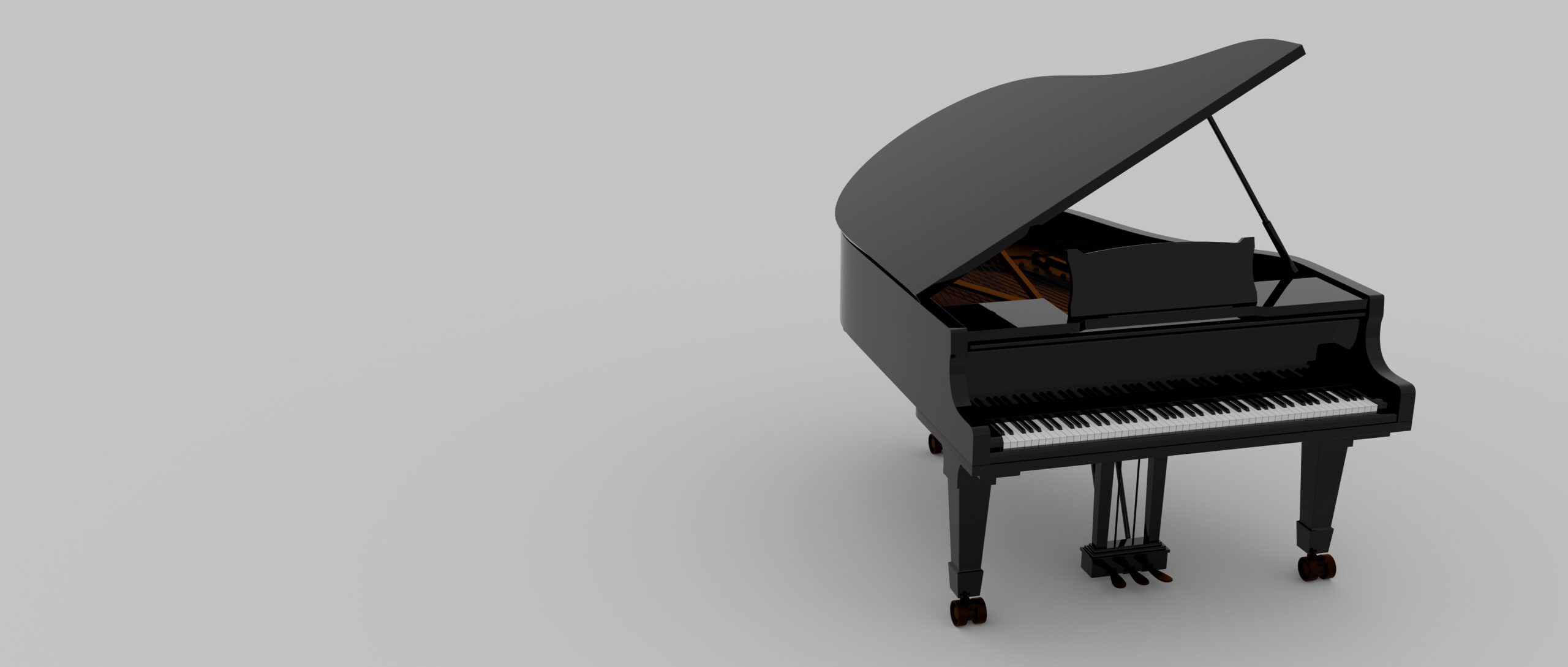
Piano Warranties
What Kind of Warranties Should you look for while buying a piano?
When you buy a new piano, you want to make sure that it’s covered in case anything goes wrong. That’s where warranties come in. Warranties are contracts that offer protection against defects or damage to your piano. There are several different types of warranties, each with its own benefits and limitations. Here’s a quick overview of the different types of warranties:
Manufacturer’s Warranty
A manufacturer’s warranty is a written guarantee from the piano’s manufacturer that the piano will be free from defects for a certain period of time. This type of warranty is often for one year, but some manufacturers offer longer warranties of up to 10 years. Manufacturers’ warranties typically cover the defects that occur at the manufacturer’s factory, but not necessarily those that occur after purchase.
Dealers warranty
A dealer’s warranty is a written guarantee from the piano dealer that the piano will be free from defects for a certain period. This type of warranty is often for one year, but some dealers offer longer warranties of up to 10 years. Dealer’s warranties typically cover the cost of repairs, but not the cost of replacement parts.
Extended Warranty
An extended warranty is a type of insurance that you can purchase to extend the coverage period of your manufacturer’s warranty. Extended warranties typically cover the cost of repairs and replacement parts, but they can be expensive.
Piano Insurance
Piano insurance is a type of insurance that covers the cost of repairs and replacement parts for your piano. Piano insurance typically has a deductible, which is the amount you have to pay out of pocket before the insurance company pays for any repairs. Piano insurance can be expensive, but it can give you peace of mind in case something goes wrong with your piano.
Express Warranties
An express warranty is a written guarantee from the manufacturer or dealer that the piano will be free from defects for a certain period. This type of warranty is often for one year, but some companies offer longer warranties of up to five years.
Implied Warranties
An implied warranty is a legal guarantee that the piano will meet certain standards, even if it’s not specifically stated in writing. For example, an implied warranty of merchantability means that the piano must be able to be used for its intended purpose.
Dealers often cover moving the piano through a specialist company. piano needs to be moved without damaging its quality. The warranty generally lasts for one year and will cover the piano against any defects that occur during that time. If you have an issue with your piano, you should contact the dealer as soon as possible to arrange for a repair or replacement.
Tuning agreement
Tuning is an important part of keeping your piano sounding its best. Most dealers offer a tuning agreement, which is a service contract that covers the cost of tuning your piano regularly. Tuning agreements typically cover one or two tunings per year and can be a great way to save money on this important service.
When choosing a warranty for your piano, you should consider the type of coverage you need, the cost of the warranty, and the length of time you need the coverage. You should also read the fine print of any warranty to make sure you understand what is and is not covered. If you have any questions, you should ask the manufacturer or dealer before you purchase the warranty.
So, which type of warranty is best? It depends on your individual needs and preferences. If you’re worried about the piano breaking down, then a longer manufacturer’s warranty might be a good option for you.
Consider how long you plan on keeping the piano. If you’re only planning on keeping it for a few years, then a shorter warranty might be fine. But if you’re planning on keeping the piano for a long time, then a longer warranty might be a better choice.
On the other hand, if you’re more concerned about getting your money back if you’re not happy with the piano, then a dealer’s warranty might be a better choice. If you’re worried about the piano breaking down, then you’ll want a warranty that covers repairs or replacements.
When it comes to warranties, there is no one-size-fits-all solution. It depends on your individual needs and preferences.



